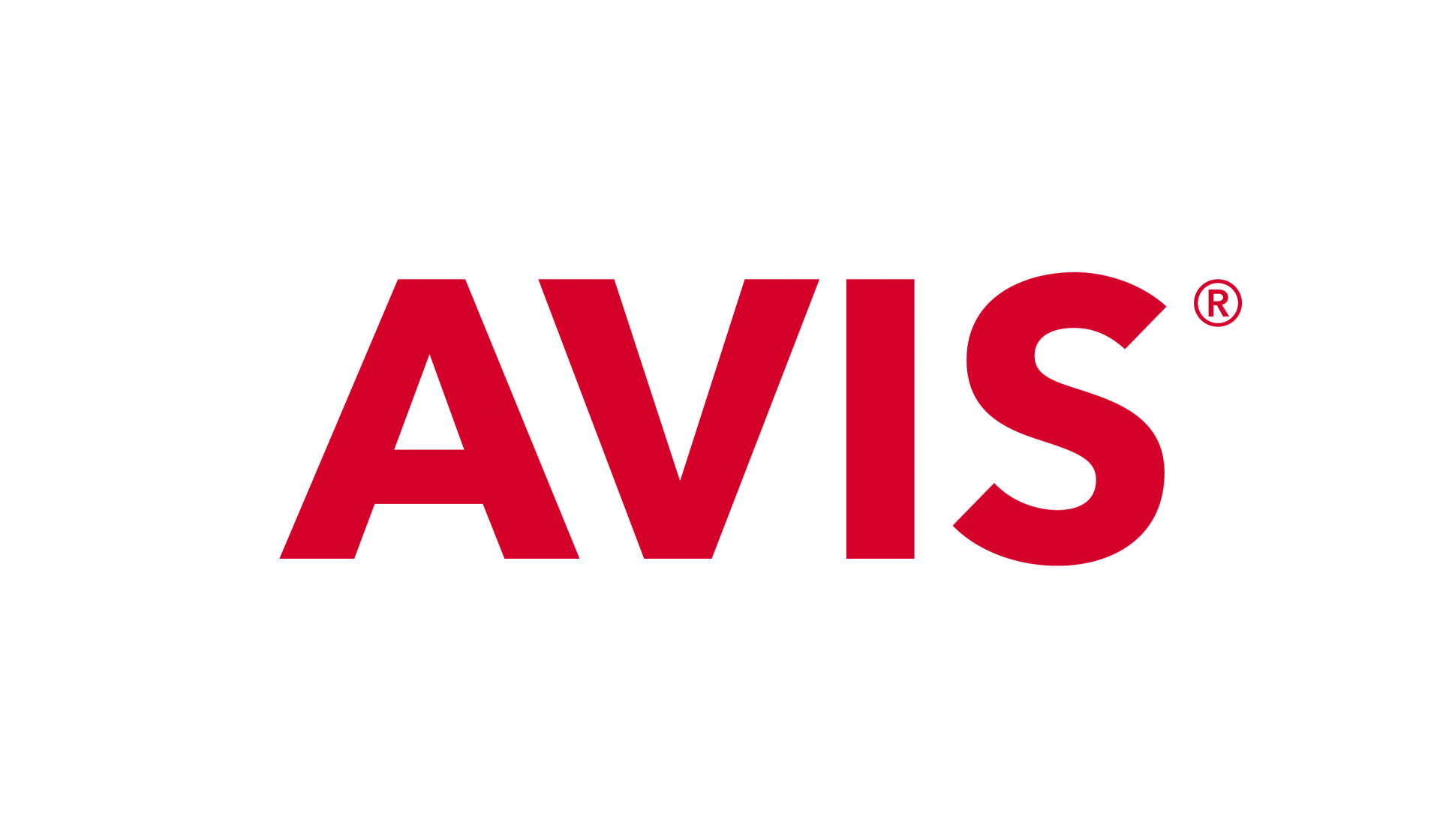Glossy magazine articles and endless social media posts often praise the latest diet fad. It can feel tempting to join in. The problem is, diets that go viral sometimes promise quick results by limiting your nutrient intake in ways that could be unhealthy. Before adopting any diet, pause to weigh both its merits and risks. Follow these tips from Mayo Clinic Diet on the questions you should ask yourself before starting a weight-loss routine:
Seeing Beyond the Fad
Fad diets tend to have certain aspects in common, including a promise of quick results. They also typically center on simple, straightforward rules about what you should or should not eat. This promise of easy, fast weight loss might grab your attention. But many fringe diets only offer false hope.
Even worse, some trending diets may promote dangerous eating patterns, like restricting caloric intake to liquids only or fasting for prolonged periods of time. They often encourage habits not backed by science that prevent you from enjoying more well-rounded, nutritious meals.
Before joining the latest diet craze, ask yourself five questions:
- Is this safe? Never adopt any diet fad that prevents you from getting enough calories, hydration and nutrition to meet your body’s daily needs. Before beginning a new diet, discuss your customized dietary needs with your primary care provider or a registered dietitian.
- Is this good for my health? Ensure any dietary changes you’re considering cater to your specific health needs. Your ideal dietary guidelines include daily goals for protein, carbohydrates, fat and sodium intake. Age, current health concerns and future fitness goals shape your nutritional needs. There is no such thing as a one-size-fits-all diet.
- Is this sustainable? Because fad diets are often restrictive, they can be hard to maintain. As a result, you might find yourself starting and stopping the diet over and over. But this yo-yo-style approach to weight management can have long-term health consequences, including negative impacts on your metabolism and cardiovascular health. To avoid these risks, choose science-based eating plans that you can follow long-term.
- Is this going to fit into my lifestyle? Consider whether the new diet’s parameters are something you can maintain alongside your work, family commitments and other day-to-day demands. Do you see yourself working in time to prep salads to avoid take-out burgers after busy weeknight carpool duties? If the answer is no, then a diet focused on eating only raw fruits and vegetables might not currently be a fit.
- Is this healthier than what I’m doing now? Before jumping on a new diet bandwagon, take stock of your typical eating habits. Then, determine whether the new diet will improve your current dietary patterns or diminish them. For instance, if the rules of a new fad diet drastically reduce your current intake of fruits and vegetables or low-fat protein, its guidelines might not be sound. On the other hand, if it encourages you to adopt more positive eating patterns — like reducing dependence on ultra-processed foods — then it could be a good approach to try.
Weight loss is safest when you follow a comprehensive, science-based dietary plan. Make sure to research and consult with your doctor before engaging in any weight-loss programs.








